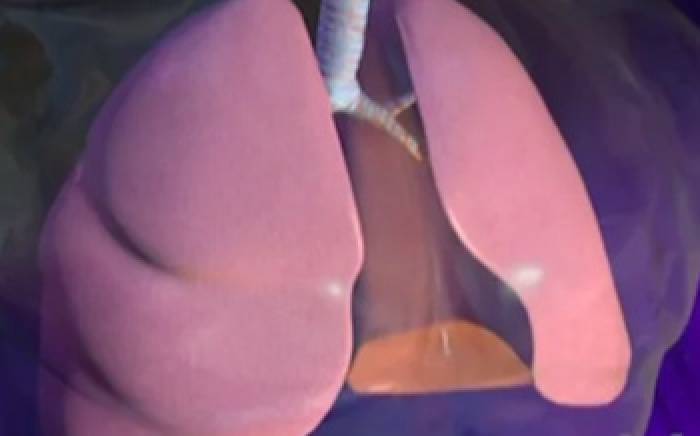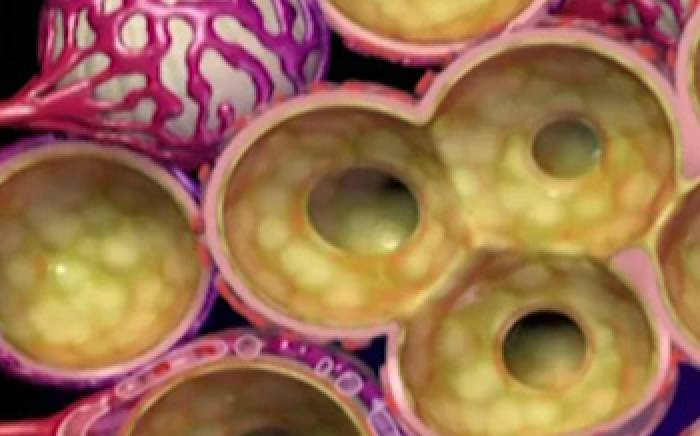Cystic fibrosis is a genetic disease that alters the body's respiratory, digestive, and reproductive systems. It affects the body's epithelial cells that comprise the lining of the lungs, pancreas, liver, sweat glands, digestive tract, and reproductive system.
Normally, the epithelial cells release a slippery layer of mucus that captures dust and germs, and acts as a lubricant. A person with cystic fibrosis inherited a gene that causes the epithelial cells to produce a defective protein. That protein leads to the formation of thick, sticky mucus, which causes many serious problems.
The sticky mucus can: clog the bronchial tubes, interfere with breathing, causing coughing and wheezing. cause fatigue, interfere with digestion and absorption of nutrients, which can limit growth and weight gain and cause chronic diarrhea.
Common symptoms of cystic fibrosis include persistent coughing, poor weight gain, bulky stools, and very salty-tasting skin in infants. Treatment of cystic fibrosis varies according to the stage of the disease and which organs are affected.










